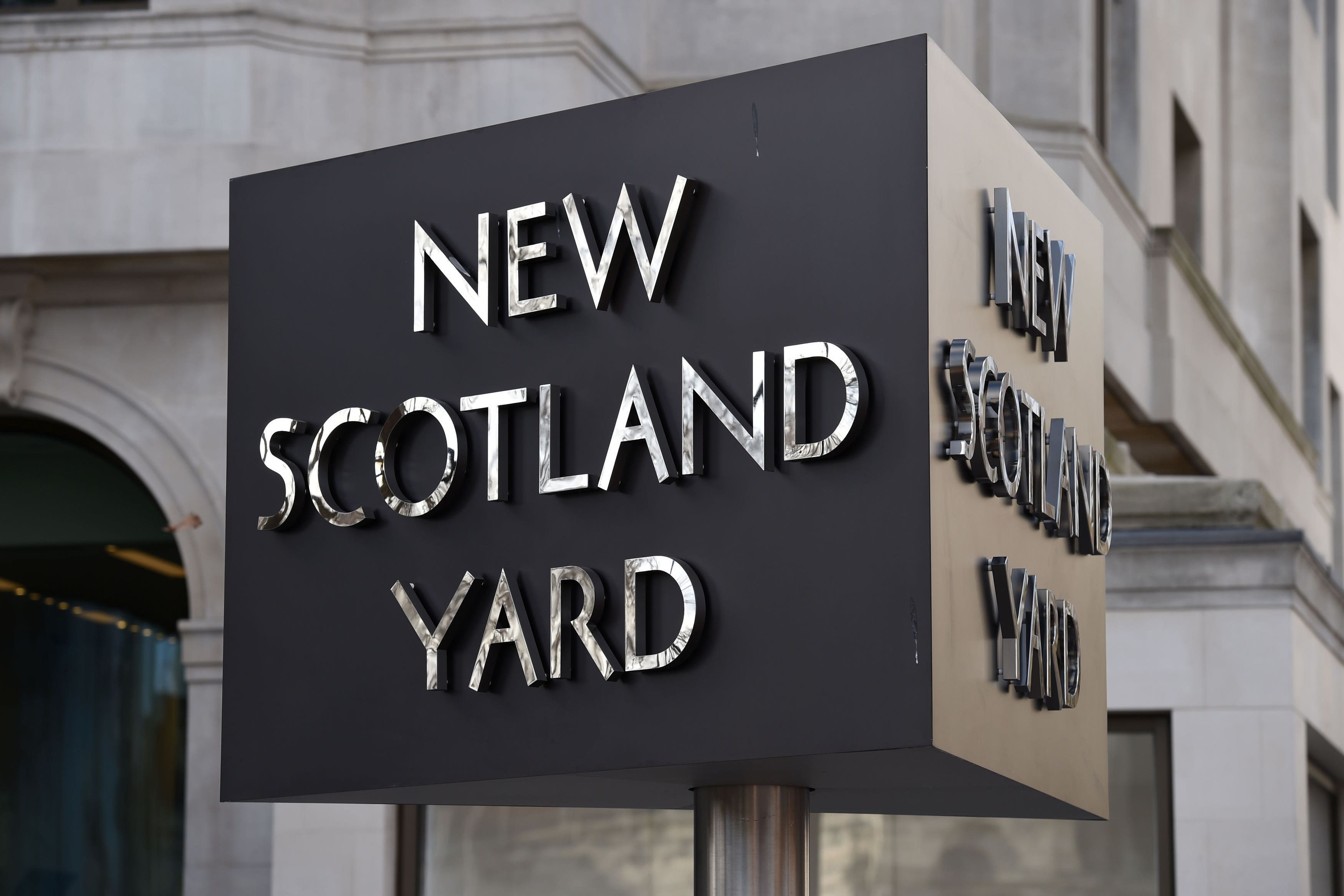More than 300 Met Police officers are waiting to face gross misconduct hearings
Deputy Assistant Commissioner Stuart Cundy said there are 335 cases pending and the number is a significant increase compared to this time last year.

Your support helps us to tell the story
From reproductive rights to climate change to Big Tech, The Independent is on the ground when the story is developing. Whether it's investigating the financials of Elon Musk's pro-Trump PAC or producing our latest documentary, 'The A Word', which shines a light on the American women fighting for reproductive rights, we know how important it is to parse out the facts from the messaging.
At such a critical moment in US history, we need reporters on the ground. Your donation allows us to keep sending journalists to speak to both sides of the story.
The Independent is trusted by Americans across the entire political spectrum. And unlike many other quality news outlets, we choose not to lock Americans out of our reporting and analysis with paywalls. We believe quality journalism should be available to everyone, paid for by those who can afford it.
Your support makes all the difference.There are 335 Metropolitan Police officers who are waiting to face gross misconduct hearings, the force has said.
These are disciplinary cases where an officer has been accused of a serious breach in their standard of professional behaviour and could be sacked if gross misconduct is proven.
This backlog is a “significant increase compared to this time last year” and the Met wants 30 misconduct hearings and 30 gross incompetence hearings to take place per month, Deputy Assistant Commissioner Stuart Cundy said.
The force is aiming to rebuild public trust and confidence in policing after it was shattered by a slew of scandals, including the murder of Sarah Everard by serving Metropolitan Police officer Wayne Couzens and the unmasking of former police constable David Carrick as a serial abuser and rapist.
Lawyers known as legally qualified chairs (LQCs) were brought in to oversee police disciplinary panels in 2016 as part of efforts to make the system more transparent, but critics say it is too slow and senior officers are more likely to sack those found guilty of wrongdoing.
Mr Cundy said: “The Met currently have 335 officers awaiting a gross misconduct hearing.
“A significant increase compared to this time last year.
“We are planning for 30 misconduct hearings and 30 gross incompetence hearings to take place per month.
“Managing this many hearings requires an ambitious plan, which is vitally important if we are to rebuild the public’s trust and confidence.”
He added: “This will require additional funding, case managers, lawyers and hearing suites to manage the significant increases in cases.
“We also need the support of the Mayor’s Office for Policing and Crime, to maximise the availability of legally qualified chairs (LQCs) so they can schedule and chair more hearings.
“This work is part of the strongest reform of culture and standards in decades and is a crucial element of our mission for more trust, less crime, high standards.”
Since he took on the role of Metropolitan Police Commissioner last year, Sir Mark Rowley has been pushing for change after estimating there were hundreds of rogue officers in his force, but the rules in place meant he was powerless to dismiss them.
The Home Office carried out a review of the police disciplinary system after the high-profile cases.
Plans to overhaul the disciplinary process, announced in August, included the possibility of police officers in England and Wales facing automatic dismissal if found guilty of gross misconduct.
It was suggested that chief constables or other senior officers could have greater powers to root out and sack rogue staff from their forces as part of reforms which would see them again preside over misconduct hearings.
Force bosses could also have the right to challenge decisions, the Home Office said, while law changes would ensure officers who fail vetting checks can be sacked.
The head of watchdog the Independent Office for Police Conduct (IOPC) previously warned against making chief constables “judge and jury” in disciplinary hearings.
Under the plans, a finding of gross misconduct would automatically result in a police officer’s dismissal unless exceptional circumstances apply.
The Home Office was unable to explain what would be classed as an exceptional circumstance but said it would be down to the disciplinary panel in the case to decide whether this would exempt an officer from being immediately fired.